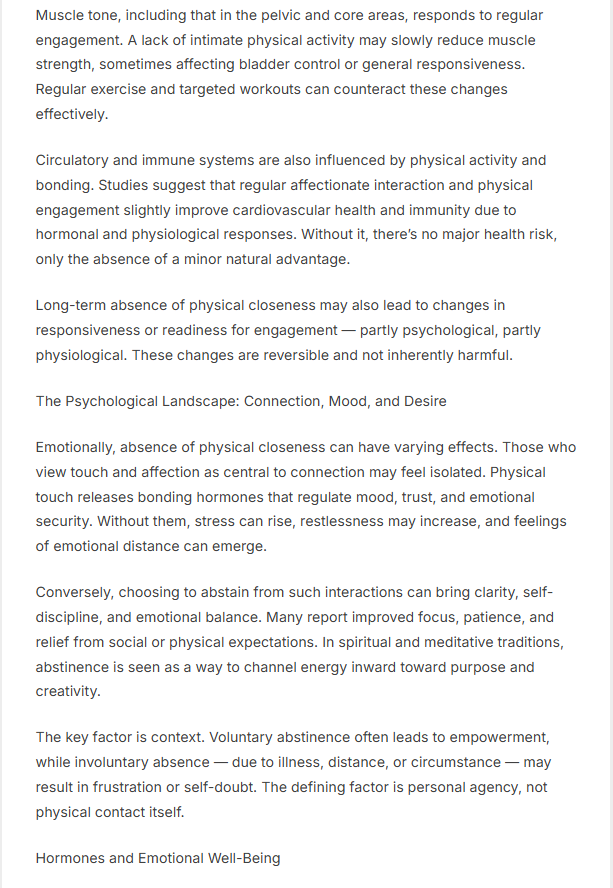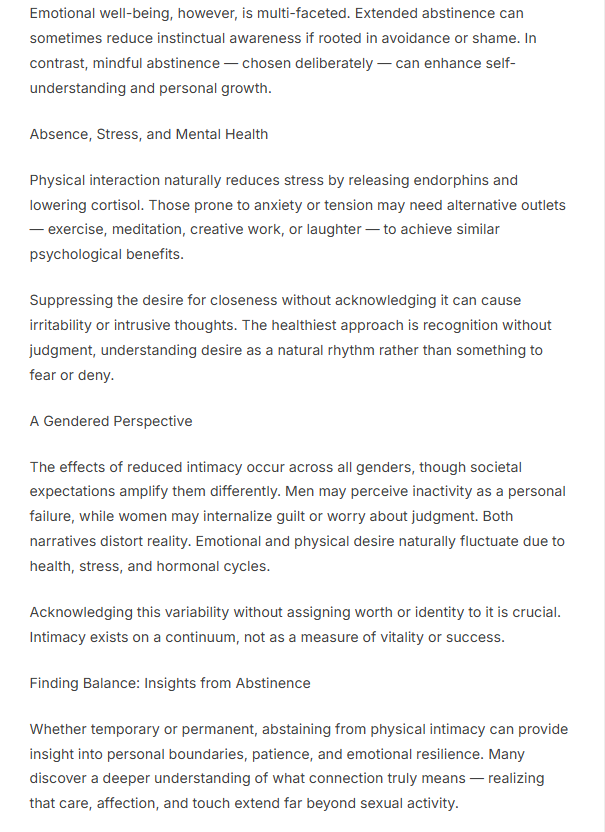Iodine is a trace mineral that the human body needs in very small amounts — yet its impact on overall health is enormous. It’s one of those nutrients that quietly power some of our most essential biological processes. From regulating metabolism and energy production to supporting brain development and hormone balance, iodine plays a central role in keeping the body functioning properly.
Despite its importance, iodine deficiency remains a global health issue, even in developed countries. Understanding how iodine supports thyroid function and metabolism can help people make smarter dietary choices and maintain long-term wellness.





Understanding Iodine and Its Function in the Body
Iodine is an essential micronutrient that the body cannot produce on its own, so it must come from the diet. It’s absorbed in the small intestine and then transported to the thyroid gland, where it becomes the building block for thyroid hormones — primarily thyroxine (T4) and triiodothyronine (T3).
These hormones are vital regulators of nearly every cell in the body. They control how efficiently cells use energy, influence protein synthesis, and affect the way the body responds to other hormones. Essentially, iodine acts as the fuel that keeps the thyroid gland working optimally, and the thyroid in turn acts as the body’s metabolic thermostat.
The Link Between Iodine and Thyroid Health
The thyroid gland, a butterfly-shaped organ located in the neck, relies on iodine to produce its hormones. Without enough iodine, the gland cannot produce sufficient T3 and T4, leading to a condition known as hypothyroidism.
When iodine levels drop, the thyroid attempts to compensate by enlarging — this enlargement is called a goiter. Historically, goiters were common in inland regions where soil lacked iodine, which is why many countries began fortifying table salt with iodine to prevent deficiency.
Even mild iodine deficiency can impact thyroid function. Common symptoms of an underactive thyroid due to low iodine include:
- Fatigue and weakness
- Weight gain despite no change in diet
- Sensitivity to cold
- Dry skin and hair loss
- Slowed heart rate
- Difficulty concentrating
On the other hand, excessive iodine intake can also cause thyroid issues, including hyperthyroidism (an overactive thyroid) or autoimmune thyroiditis. The key lies in balance — getting enough iodine to support hormone production without exceeding safe limits.
How Iodine Influences Metabolism
The thyroid gland’s production of T3 and T4 directly affects the body’s metabolic rate — that is, how quickly the body converts food into energy. These hormones increase oxygen consumption in cells, regulate the rate of protein synthesis, and determine how efficiently calories are burned.
When iodine intake is adequate and thyroid function is normal, metabolism runs smoothly. Energy levels remain steady, weight management becomes easier, and body temperature stays consistent. However, when thyroid hormone levels drop due to iodine deficiency, metabolism slows down. This can lead to fatigue, sluggish digestion, weight gain, and low motivation.
Conversely, if the thyroid becomes overactive (as can happen with excessive iodine intake or autoimmune conditions like Graves’ disease), metabolism can accelerate. This leads to unintentional weight loss, rapid heartbeat, sweating, anxiety, and difficulty sleeping.
Thus, iodine is intricately linked not only to thyroid health but also to the body’s overall metabolic performance.
Sources of Iodine in the Diet
Getting enough iodine through diet is usually straightforward if you consume a varied, balanced diet. Some of the richest natural sources of iodine include:
- Seafood and seaweed: Fish, shellfish, kelp, and nori are among the most iodine-rich foods. Seaweed, in particular, provides some of the highest concentrations, though it’s important to consume it in moderation to avoid excess.
- Iodized salt: One of the most common sources of iodine worldwide. A small amount of iodized salt each day can meet daily needs.
- Dairy products: Milk, yogurt, and cheese often contain iodine because it’s added to animal feed and used in dairy processing.
- Eggs: Especially those from hens fed with iodine-fortified feed.
- Fortified foods: In some countries, bread or other staples are fortified with iodine to reduce deficiency rates.
For most adults, the recommended daily intake of iodine is around 150 micrograms (µg). Pregnant and breastfeeding women require more — approximately 220–290 µg daily — because iodine supports fetal brain development and infant growth.
Iodine Deficiency: A Global Perspective
Iodine deficiency remains one of the most common preventable causes of thyroid disorders and intellectual disabilities globally. According to the World Health Organization (WHO), more than two billion people live in areas where iodine deficiency is a significant public health problem.
Regions far from the sea, where soil is naturally low in iodine, tend to have higher rates of deficiency. Although salt iodization programs have greatly reduced goiter prevalence, dietary trends such as low-sodium diets and avoidance of iodized salt can sometimes lead to a resurgence of deficiency, even in developed countries.
Certain populations are at greater risk, including:
- Pregnant women: Their iodine needs increase significantly.
- People on vegan or plant-based diets: Unless seaweed or fortified foods are included, iodine intake can be low.
- Individuals living in iodine-depleted areas: Especially those relying on local, unfortified foods.
Balancing Iodine Intake: Not Too Little, Not Too Much
While deficiency poses clear health risks, excessive iodine intake can also disrupt thyroid function. Consuming extremely high levels may trigger thyroiditis or worsen autoimmune thyroid conditions.
Natural sources such as seaweed can contain extremely variable iodine levels. For instance, certain types of kelp can provide thousands of micrograms per serving — far above the safe upper limit of about 1,100 µg per day for adults.
Moderation and balance are key. People should aim to get iodine primarily from consistent, moderate sources like iodized salt, seafood, and dairy, rather than high-dose supplements or concentrated seaweed products unless directed by a healthcare professional.
The Connection Between Iodine, Hormones, and Overall Health
Beyond metabolism, thyroid hormones influenced by iodine play roles in many bodily systems. They affect heart rate, digestion, bone growth, and even mental health. For developing fetuses and infants, adequate iodine is essential for brain and nervous system development.
Insufficient iodine during pregnancy can lead to severe developmental problems, including cretinism — a condition characterized by growth failure and intellectual disabilities. Even mild deficiency can reduce IQ levels in children and impair cognitive function.
In adults, maintaining proper iodine and thyroid balance supports energy stability, mood regulation, and cardiovascular health.
Practical Tips for Maintaining Healthy Iodine Levels
- Use iodized salt in moderation: Just half a teaspoon of iodized salt a day can meet the daily requirement.
- Eat a balanced diet: Include seafood, eggs, and dairy regularly.
- Be mindful of seaweed consumption: It’s healthy in small amounts but can cause iodine overload if eaten daily in large quantities.
- Check your supplements: Multivitamins or prenatal vitamins should contain appropriate iodine levels.
- Get tested if symptoms appear: Persistent fatigue, weight changes, or neck swelling could signal thyroid imbalance.
Conclusion
Iodine may be required only in trace amounts, but its influence on thyroid and metabolism health is profound. It acts as the cornerstone for thyroid hormone production, which in turn drives the body’s metabolism, energy balance, and growth.
Maintaining the right iodine intake — not too little and not too much — is essential for lifelong wellness. Through mindful dietary choices and awareness, it’s possible to keep the thyroid functioning smoothly and support every cell in the body that depends on its hormonal rhythm.
Ultimately, iodine serves as a small but mighty mineral that ensures the engine of metabolism keeps running efficiently — powering everything from your heartbeat to your thoughts.



